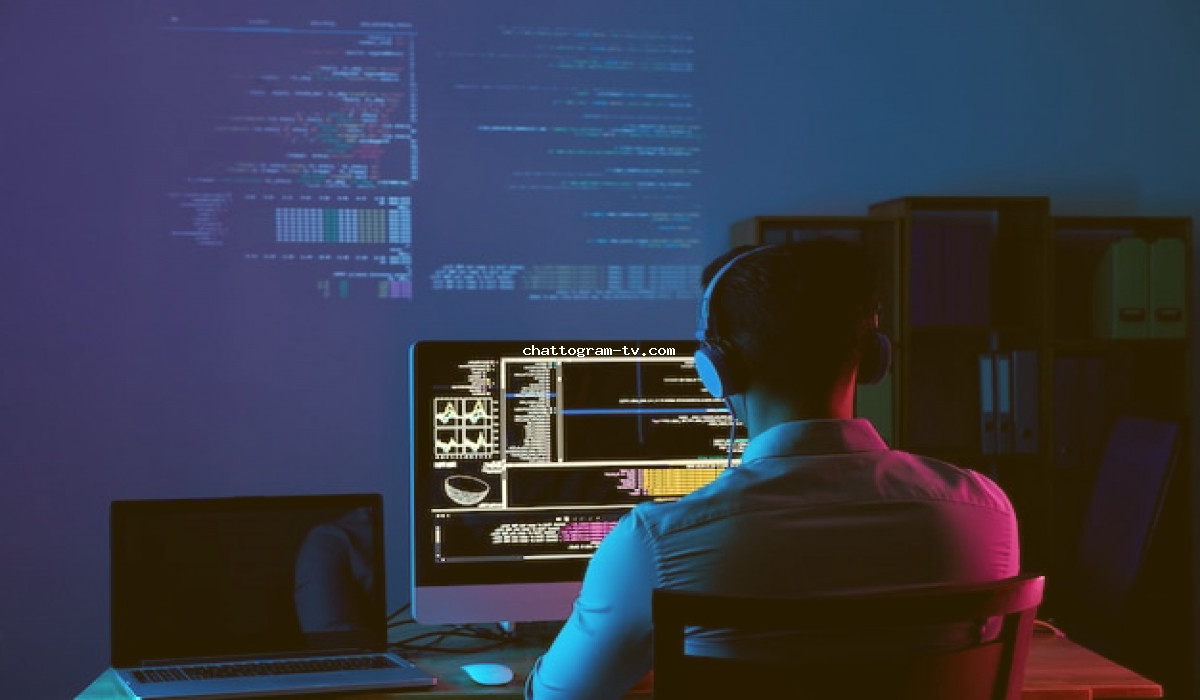How to Start Coding? Learn Programming for Beginners? Are you interested in programming and coding but don’t know where to start? If so, you’ve come to the right place!
This guide will teach you the basics of coding and provide you with the necessary steps to get started in the world of programming. By the end of this guide, you’ll have the resources you need to become a successful, proficient programmer.
Know the Basics
Before you begin, it is important to understand some of the fundamentals of programming. Programming is the process of writing instructions, called code, that tell a computer how to perform certain tasks. These instructions are written in a computer language and are then used to create executable software such as programs and apps.
It is important to understand the basics of coding before you start. Such as basic programming concepts, data types, data structures, control flow, algorithms, databases, object-oriented programming, etc. It is also important to understand the environment and tools you will be working in. This includes understanding text editors, development environments, IDEs, debuggers, and other related tools.

The most important thing to understand is that there is no “one size fits all” approach when it comes to coding every programmer works differently, and what works for one person might not work for another. Getting familiar with the basics will give you the knowledge you need to identify the programming languages and tools that work best for you.
Choose a Programming Language
Once you have a basic understanding of coding fundamentals, you’ll need to choose a programming language to learn and start coding with. Popular languages include Java, C++, PHP, Python, and JavaScript.
It’s important to pick a language that fits your needs and interests. Most programmers learn multiple languages to increase their ability to work on different projects, build different apps, and work with different tools. If you’re new to coding, you may want to start with a language that is easy to learn and understand, such as Python.
Set up Your Programming Environment
Now that you’ve chosen your language, it’s time to set up your programming environment. This includes setting up a text editor, installing the programming language, and downloading any necessary tools or libraries.
The most important thing is to make sure your environment is set up properly, as it can have a huge impact on your efficiency and productivity. Setting up an environment is relatively straightforward, and there are plenty of guides and tutorials online that can help you.
Learn Syntax and Basics
Once you’ve set up your environment, it’s time to start coding. The first step is to learn the syntax and basics for your chosen language. Syntax is the set of rules that tells the computer what to do, and it’s important to understand this before you start writing code.
You can learn the syntax of any language by reading tutorials, books, and online guides, as well as experimenting with different approaches. You can also find plenty of sample code online that you can use as a starting point when writing your own code.
Practice, Practice, Practice
Once you understand the basics, it’s time to practice! There are plenty of resources available online that can help you practice your skills, such as coding challenges, coding games, and coding projects. These challenges and projects can help you hone your problem-solving skills and develop your understanding of coding principles.
When you’re first starting out, focus on completing small, manageable projects so you can get a feel for the process and get used to coding. Eventually, you’ll be able to tackle more complex projects.
Find a Community
One of the most important steps in learning to code is finding a community of other coders. Having a community of people to connect with and learn from is essential to becoming a successful programmer. Finding a group of people who share your interests and goals can help you stay motivated and focused on learning.
Find Projects and Clients
Once you’ve mastered the basics of coding and have a good understanding of your chosen language, it’s time to start finding projects and clients. If you’re just starting out, it can be difficult to find paid work, so you may want to look for freelancing opportunities or start small projects on the side.
In addition to freelancing, you can also look for internships, part-time jobs, or apprenticeships. There are also plenty of programming-related volunteer opportunities you can get involved in. Many companies also offer coding camps and bootcamps that can teach you the basics and provide you with valuable hands-on experience.
Conclusion
Starting to code can seem like an daunting task, but with the right resources and support. You can master the basics and become a proficient programmer. Understand the fundamentals of coding and the tools and languages you’ll be working with.
Then, set up your environment and learn the syntax and basics of your language before tackling some practice challenges and projects. Finally, find a community and opportunities to get started in the world of programming. With some dedication and hard work, you’ll be on your way to becoming a successful programmer.
FAQs
What is coding?
Coding is the process of writing instructions, called code, that tell a computer how to perform certain tasks.
Which programming language should I learn first?
If you’re new to coding, the best language to start with is usually Python, as it is easy to learn and understand.
How do I set up a programming environment?
Setting up a programming environment involves installing the programming language you’ve chosen. Setting up a text editor, and downloading the necessary tools or libraries.
What is the best way to learn coding?
The best way to learn coding is to read tutorials, books, and online guides. Experiment with different approaches, and practice coding challenges and projects.
Where can I find coding opportunities?
You can find coding opportunities by freelancing, looking for internships, part-time jobs, apprenticeships, and volunteering. You can also look for coding camps and bootcamps that can teach you the basics.
How can I find a coding community?
There are many online communities and forums. As well as in-person meetup groups, where you can connect with other coders and learn from them.
